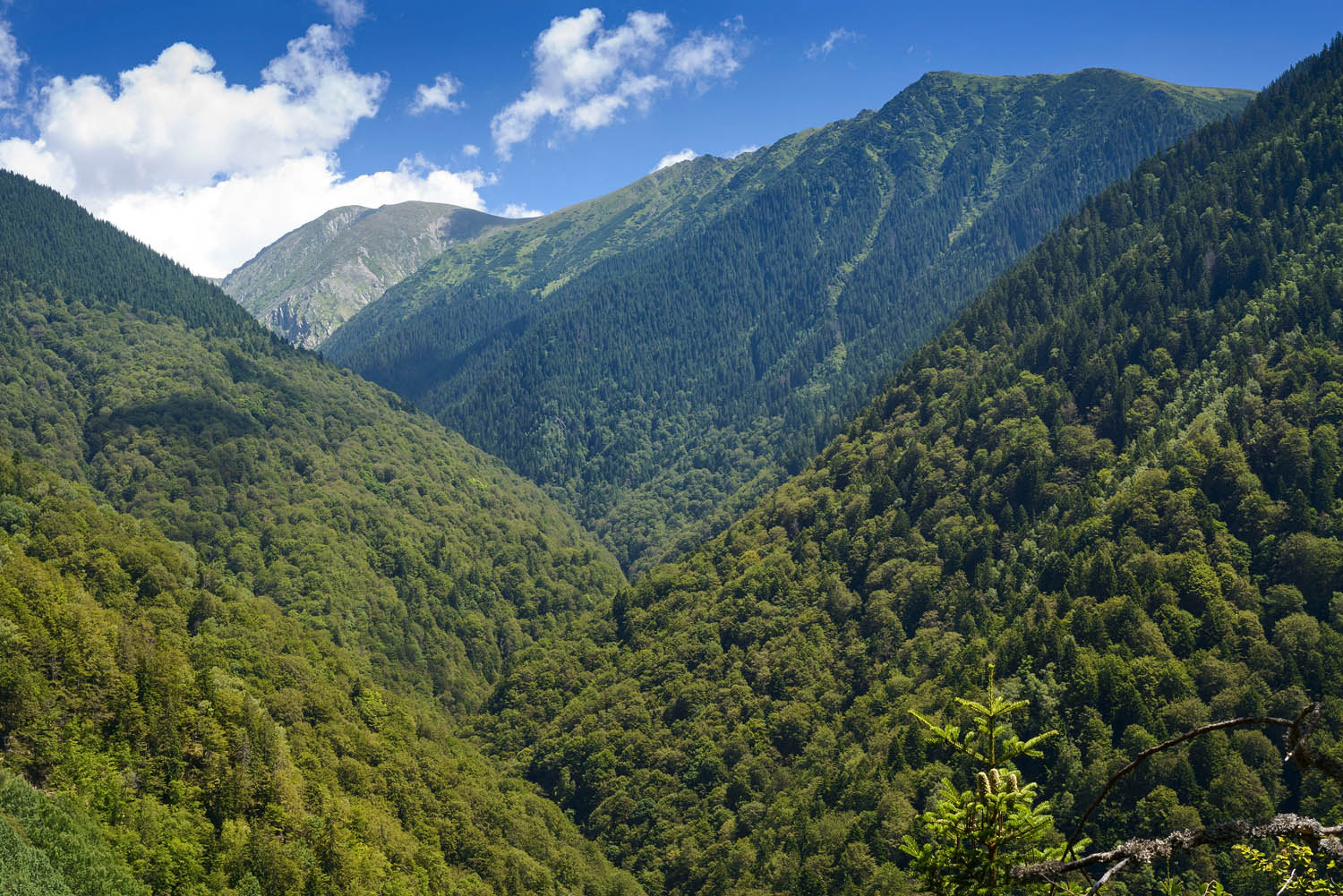For the proposed Parcul Național Făgăraș, România, Dr. Patrick Gonzalez, climate change scientist, forest ecologist, and Executive Director of the UC Berkeley Institute for Parks, People, and Biodiversity, has produced a new locally-specific assessment of climate change and forest carbon.
The Munții Făgăraș range in the southern Carpathian Mountains, Romania, harbors expanses of primary forest and high biodiversity, for which the European Union designated the area as a Natura 2000 site. Local initiatives seek to conserve Făgăraș ecosystems and services through its protection as the proposed Parcul Național Făgăraș, which would be one of the most extensive national parks in continental Europe.
Uncontrolled logging poses an immediate threat. At the same time, climate change, caused by carbon dioxide emissions from power plants, motor vehicles, deforestation, and other human sources, threatens ecosystem integrity. Făgăraș forests naturally help prevent climate change by storing carbon. To assist long-term conservation of Făgăraș ecosystems, the climate change assessment presents locally specific scientific information on climate change, ecological impacts, risks, and the magnitude of forest carbon and its ecosystem service.
The Foundation Conservation Carpathia https://www.carpathia.org funded the assessment.
Gonzalez, P. 2024. Climate Change and Forest Carbon in the Proposed Parcul Național Făgăraș, România. University of California, Berkeley, USA. https://ourenvironment.berkeley.edu/sites/ourenvironment.berkeley.edu/files/user/profile2/main/publications/Gonzalez_climate_change_Fagaras.pdf

Valea Boia Mică, Munții Făgăraș, România. Photograph by Matthias Schickhofer
